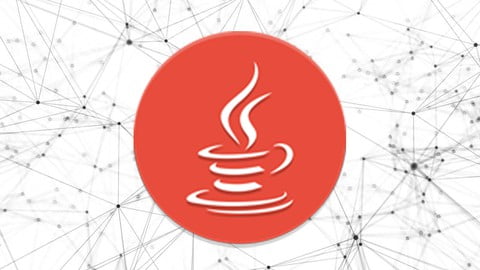What Are SOLID Design Principles?
SOLID principles are class-level, object-oriented design concepts that, in conjunction with an extensive test suite, help you avoid code rot.
SOLID design is an acronym for the following five principles:
1. Single Responsibility Principle
2. Open-Closed Principle
3. Liskov Substitution Principle
4. Interface Segregation Principle
5. Dependency Inversion Principle
These principles provide a valuable standard for guiding developers away from such “code rot,” and instead towards building applications that provide lasting value for customers and sanity for future developers working on your project.
1. Single Responsibility Principle (SRP)
The Single Responsibility Principle (SRP) states that there should never be more than one reason for a class to change. This means that every class, or similar structure, in your code should have only one job to do.
2. Open-Closed Principle (OCP)
The Open-Closed Principle (OCP) states that classes should be open for extension but closed for modification. “Open to extension” means that you should design your classes so that new functionality can be added as new requirements are generated. “Closed for modification” means that once you have developed a class you should never modify it, except to correct bugs.
3. Liskov Substitution Principles (LSP)
The Liskov Substitution Principle (LSP) applies to inheritance hierarchies, specifying that you should design your classes so that client dependencies can be substituted with subclasses without the client knowing about the change.
4. Interface Segregation Principle (ISP)
The Interface Segregation Principle (ISP) states that clients should not be forced to depend upon interface members they do not use. When we have non-cohesive interfaces, the ISP guides us to create multiple, smaller, cohesive interfaces.
5. Dependency Inversion Principle (DIP)
The Dependency Inversion Principle (DIP) states that high-level modules should not depend upon low-level modules; they should depend on abstractions.
How to Enroll SOLID Principles in Java Application Development course?
How many members can access this course with a coupon?
SOLID Principles in Java Application Development Course coupon is limited to the first 1,000 enrollments. Click 'Enroll Now' to secure your spot and dive into this course on Udemy before it reaches its enrollment limits!









